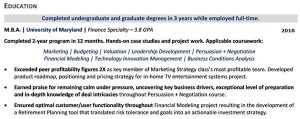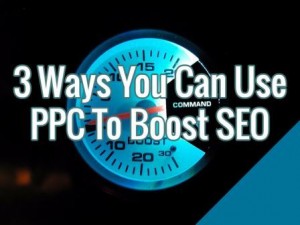
Something many companies do to accelerate growth is expand their sales teams. We often see ones we work with doing just that. While the climate can be challenging to hire the right salespeople with the economy hovering at close to full employment, the challenge doesn’t just stop with a job offer. Every new sales hire needs to go through a predictive on-boarding program to have the best chance for success.
Even the very best salespeople need some guidance to enable them to be successful.
Why do you need a sales onboarding program if you hire right?
Today’s Best-in-Class organizations see these high values of effective employee onboarding:
- Stronger profits (2.5 times the profit growth and 1.9 times the profit margin).
- Accelerated time to productivity (4-8 months faster)
- Increased employee retention (58 percent more likely to remain with the organization after 36 months).
[Sources: Boston Consulting Group; Aberdeen sales force study – Onboarding 2013]
What to Provide Your New Salesperson
Let’s assume that you hire correctly, and you have an eager salesperson ready to do battle. Make sure you equip them with the following:
- Why clients purchase your products and services. In other words, what’s in it for the client?
- Why clients select your company instead of your competitors. How do you differentiate your company from your competitors – in the eyes of the client?
- How are decisions made at targeted clients and who is typically involved?
- How to describe and demonstrate ways to create an appropriate ROI for the client.
- A sales process to follow. Complete with steps and milestones that predict higher level success with targeted opportunities.
- A host of questions to ask for every step of the process – what does the salesperson need to know about the following and how do they ask?
- The compelling reason that the prospect might purchase – and just how compelling the reason is.
- How much is the lack of buying costing the client? (refer to creating an ROI for the client above).
- Everything about the decision-making process including who is involved, what others care about, how they make decisions of this nature, what would cause them to choose your company, and what would cause them not to do it or stay with their current provider.
- Provide them a list of common objections and process for helping them overcome these hurdles.
Do They Know What’s Expected?
Next, be sure that your new salesperson’s expectations are set regarding:
- Activities and behaviors (Must be specific and measurable. Evaluate over time and adjust as necessary).
- What consequences if they aren’t adhering to these activities? (Possible suggestions: Lead flow slows; Inspection of their calendar; Call plan each day).
- Involvement in meetings and other regular company events.
- Cadence regarding accountability meetings with their manager.
- Timing of first sale and then velocity of sales thereafter.
- What happens if they aren’t executing as expected and at what interval?
- Communication with other parts of the organization.
- Proposal creation (Only after fully qualified).
- Utilization of tools and templates for sales call planning and preparation.
- CRM usage and input.
The Real Work Begins
So, you hired right. You established the expectations and provided the individual all they need to succeed as listed above. Now what?
You must adhere to a cadence of checking in. You must coach your new hires relentlessly to insure good habits are formed. You must have them practice the value proposition, their question asking, their closing, their objection handling. Don’t send them out to just wing it, even if they have had success in the past elsewhere. Be vigilant about making sure new hires are comfortable with your company’s message, and your process. Provide them the chance to be successful as quickly as possible. And remember, good salespeople want to start selling as quickly as possible too.
Feel free to download this onboarding template to easily establish a plan.
Business & Finance Articles on Business 2 Community
(62)







